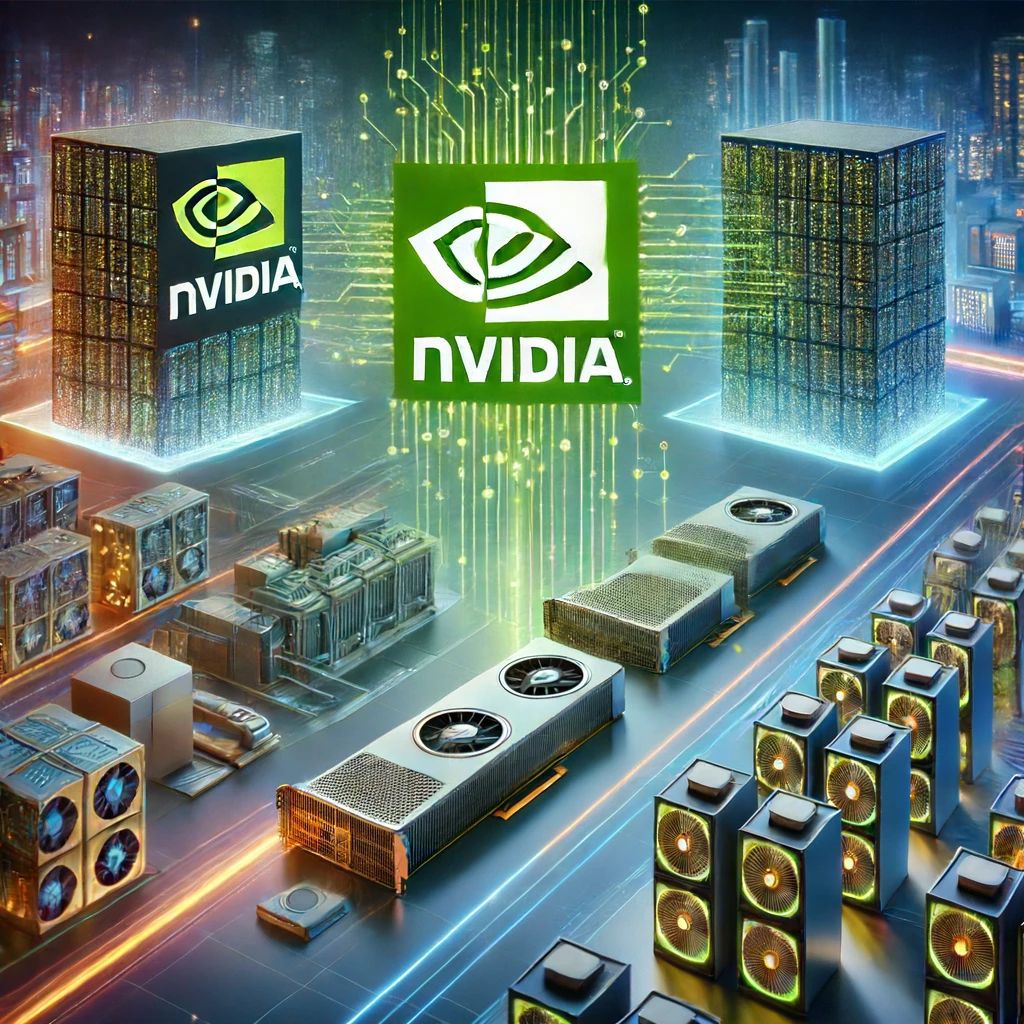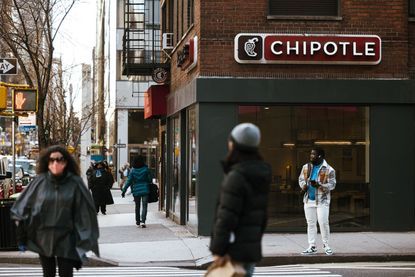The resurgence of AMC and GameStop stocks, fueled by the power of social media and a strong community of retail investors, demonstrates a significant shift in the market dynamics traditionally dominated by institutional players. This phenomenon, often referred to as the "meme stock craze," began in earnest when Keith Gill, known online as “Roaring Kitty,” re-emerged on social media platforms, posting content that quickly reignited interest in these stocks.
In 2021, GameStop, a struggling video game retailer facing obsolescence due to the shift from physical discs to digital downloads, became the epicenter of a massive financial movement. Gill and like-minded retail investors initiated a buying spree of GameStop shares, contrary to the predictions of major hedge funds that had heavily shorted the stock, anticipating its decline. This collective action triggered a "short squeeze," forcing these hedge funds to purchase shares at rising prices to mitigate their losses, dramatically driving up the stock price.
On a similar trajectory, AMC, a movie theater chain that suffered greatly during the COVID-19 pandemic, saw its stock prices soar by 2,300% due to concerted efforts by retail investors. These actions were not just about making profits; they represented a grassroots rebellion against traditional market forces and a reclamation of power by individual investors.
The phenomenon was so impactful that trading in GameStop was halted multiple times due to volatility, and it spurred significant losses for established financial entities, with some reporting billions in losses. This David versus Goliath story captured the public’s imagination, illustrating the potential of collective investor action to influence the market on a large scale.
This movement has broader implications for the financial markets. It highlights the growing influence of retail investors who, through the use of social media and collaborative platforms, can organize and challenge established financial norms. These platforms not only provide a space for sharing investment strategies and ideas but also democratize financial information, previously the domain of professional investors.
Furthermore, the emergence of social trading platforms tailored for private markets is enabling these communities to chat in forum-like spaces, share deal flows, and pool capital through user-friendly portals. This development is extending the reach of retail investors into areas traditionally reserved for the wealthy or institutional investors, further democratizing investing.
The story of AMC and GameStop is about more than just stock prices. It is about how technology and community can empower individuals to influence markets traditionally controlled by a few. It demonstrates a shift towards more democratic forms of investing where the power of collective action can lead to real financial impact and potentially reshape market landscapes.
While the prices of GameStop and AMC have declined quickly since this initial rise, the signal for a new era for retail investing is clear. Companies and market regulators must adapt to this new reality where social media and collective investor actions play significant roles in market movements. The tale of Roaring Kitty and the meme stock craze has not only made for compelling cinema but has also sparked a movement that continues to inspire and empower retail investors around the world.




